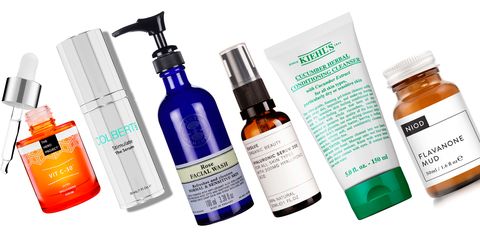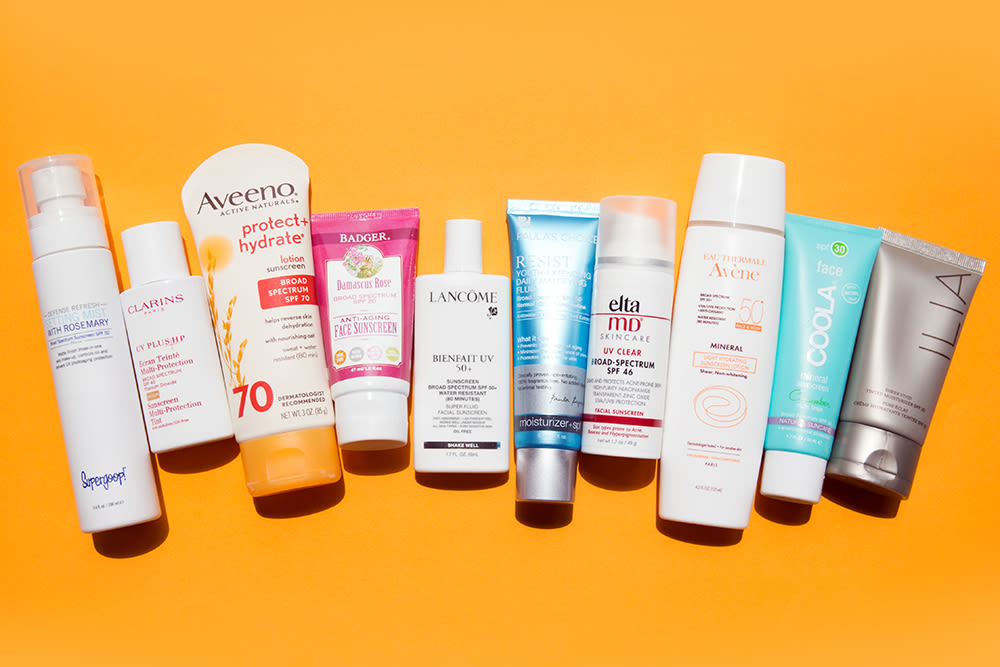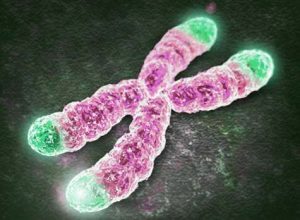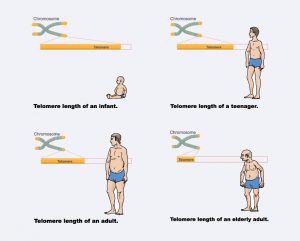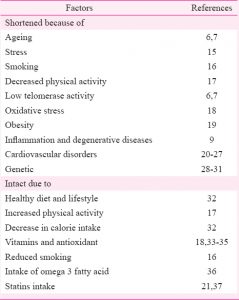Introduction
Looking good is a huge topic for people, especially for women and skin-aging is a main factor of looking good. To maintain or enhance the external appearance, cosmetics are used frequently. In Canada, there were 3,100 cosmetics and beauty supplies store in 2016. The value of Canada cosmetic market is expected to reach around 15.8 million U.S dollars in 2021. However, have you ever wondered if your skin care products actually work to help your avoid wrinkles and get better skin. The answer for this question is no. Most of your skin care products which advertised themselves as anti-aging products do not help you preventing wrinkles.
If you are looking for methods to reduce skin aging, there are only two things that will help anti-aging, which are sunscreen and retinol. For detailed information, check What causes our skin to age?. The video truth about looking good can also provide further information.
Source: BBC
Sunscreen
The appearance of wrinkle should mostly blame on the sunlight. Fibrillin, the protein that support the outside of our skin, will get hurt for exposure in sunshine. The only product can help to prevent aging skin is sunscreen. A good sunscreen should have enough SPF to avoid UVB which may cause skin burning and 5-star rating to prevent UVA which will directly result in skin-aging. Other than choosing a good sunscreen, the most important thing is using sunscreen everyday whatever the whether is and the season is.
Vitamin A
The sunscreen can only prevent the generation of wrinkles, it can’t remove the existing wrinkles. It’s common known that some anti-aging treatment like botox can help to remove existing wrinkles. However, some of us are not prepared to accept treatment involved needles. If you are one of them, then the only thing can help is retinol. Tretinoin, a prescription-strength product, can markably reduce wrinkles in short term. The strong side effect of tretinoin including redness, irritation and burning feel may discourage consumers to use it. But, if people are willing to fine lines without injection, the only thing left is retinol product, as known as Vitamin A. To avoid maladjustment of strong product, consumers can start with product containing only 0.1% of retinol and increase the content little by little.
Conclusion
As the article claimed, if you are willing use products to anti-aging, the best choice is sunscreen. There is no other product will help, so don’t believe the advertisement. To fine lines and wrinkles, you can choose to professional skin care clinical to accept treatment and ask for tretinoin. Besides, you can try retinol which also works without strong irritation.

